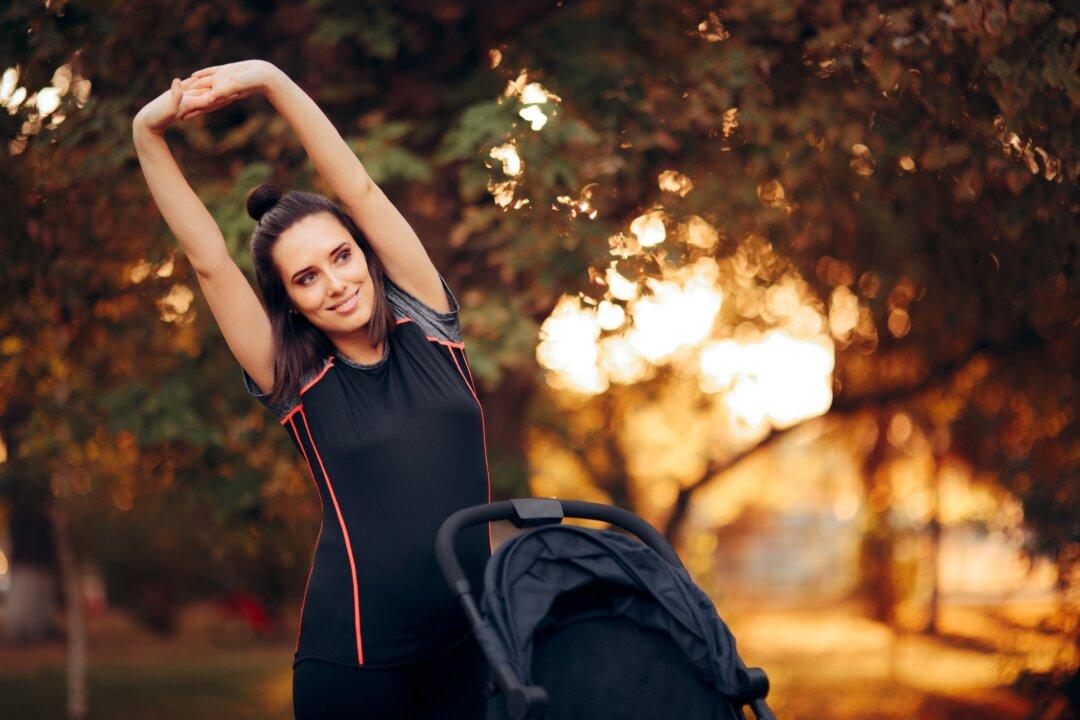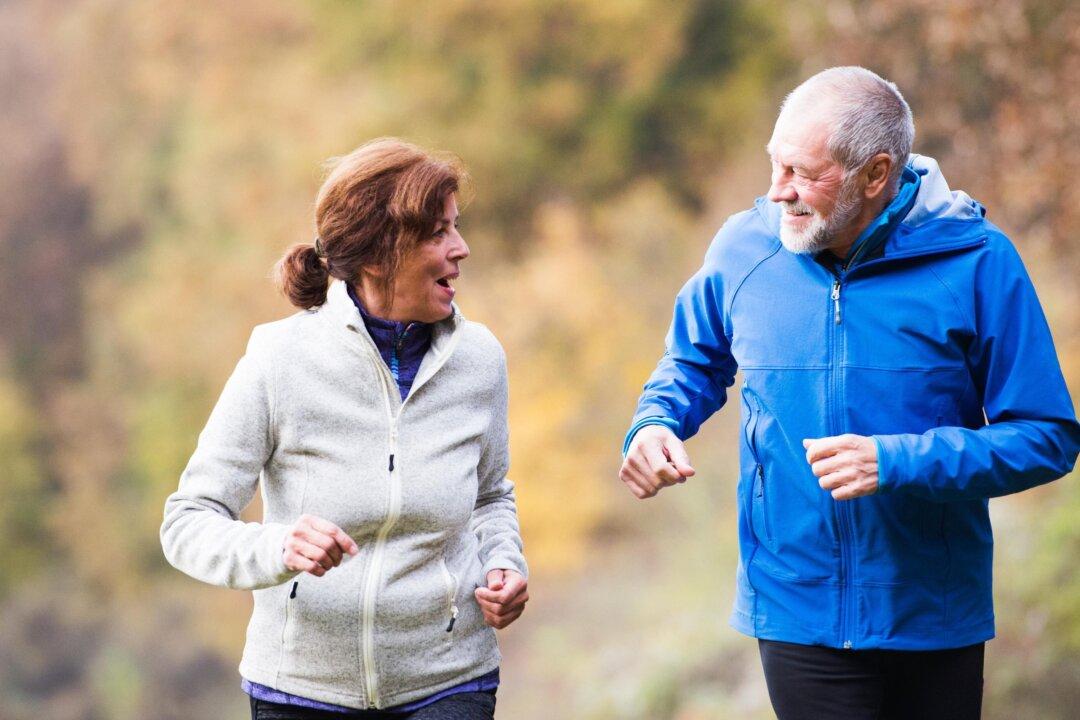The extended duration of the COVID-19 pandemic means that more women will give birth during the pandemic, and some will have more than one pregnancy and postpartum experience. As physical activity researchers who advocate for exercise as medicine, we’re studying the impact of exercise on the well-being of postpartum women during the pandemic.
The COVID-19 pandemic has affected everyone’s day-to-day lives, but mothers have been especially challenged. Women have experienced a negative impact on mental well-being and physical activity behavior, with mothers being especially vulnerable because of increased child care responsibilities. New mothers in the postpartum phase are at an additional disadvantage due to the heightened challenge of caring for infants.




